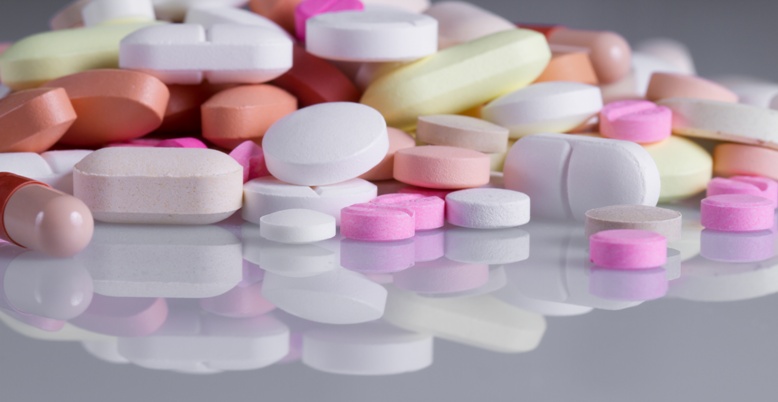Abuse Recovery
Addiction Recovery: Staying Sober after Treatment
by Sara Stringer
Addiction is a serious disease that is associated with life-threatening complications. And, because of the dangers of prolonged substance abuse and addiction, seeking treatment is essential to physical health, psychological well-being and overall quality of life. However, rehabilitation isn’t always easy. For example, many individuals suffering from addiction have a hard time staying sober after treatment. Thankfully, though, it is possible to get back on track, avoid addictive substances and live a healthy, happy productive life. Keep reading to find out how.
While intensive, inpatient treatment methods can provide a solid foundation for recovery, many patients experience difficulties with returning to their normal lives. Understandably, resuming daily activities following addiction treatment can be challenging, to say the least. However, the treatment methods listed below can not only help recovering addicts maintain sobriety, but promote a strong sense of self and enhanced quality of life.
- Talk therapy. Psychotherapy methods like behavior modification and psychoanalysis can promote continued sobriety by helping patients identify stressors and triggers, and formulate coping methods in the interest of recovery. Plus, therapists and counselors can diagnose underlying disorders that may contribute to substance abuse. An example of this is dual diagnosis treatment, which can involve alcoholism and post-traumatic stress disorder. No matter the diagnosis, addressing these underlying mental illnesses can provide significant advantages to addiction recovery.
- Group therapy. Group therapy can provide a safe place for patients to discuss their issues, without fear of shame or judgment. Plus, this type of therapy encourages open communication and the sharing of knowledge, support and coping strategies.
- Support groups. Support groups for addiction can be a great way for recovering addicts to maintain health and quality of life, post-treatment. What’s more, these types of groups are usually anonymous, yet offer the support necessary to a lasting recovery.
Recovery Tips
In addition to long-term talk therapy, recovering addicts can use tips like the following in overcoming addiction and improving all aspects of life.
- Understanding triggers. Triggers are people, places, events or situations that often precede cravings for addictive substances. Common triggers, for example, include holidays and running into old drinking buddies. However, triggers can be more subtle, and, therefore, harder to detect. To prevent relapse with drugs or alcohol, making an effort to identify, understand and avoid triggers is essential.
- Staying busy. We’ve all heard the old adage about idle hands, and, when it comes to addiction recovery, it couldn’t be more true. Since boredom and social isolation often result in cravings for drugs and alcohol, hobbies and projects can promote sobriety. Spending time with sober friends and family members can also help, as can self-improvement tactics like going back to school and pursuing healthy interests.
- Getting healthy. Drugs and alcohol can take an enormous toll on the human body. However, through a healthy, balanced diet and physical activity, recovering addicts can undo some of that damage. What’s more, a healthy lifestyle can provide advantages like enhanced mood and energy, healthy body function and improved self-esteem, all of which can be help in sustaining sobriety.
Although the road to recovery can be difficult, the rewards are well worth the effort. With the tips provided here, individuals suffering from addiction can prevent relapse with drugs and alcohol, while improving physical health, psychological well-being and overall quality of life.
About the Author
Sara Stringer is freelance writer who enjoys writing about natural health alternatives. In her spare time, she enjoys maintaining an active lifestyle through swimming and practicing yoga.
Related Posts
One thought on “Addiction Recovery: Staying Sober after Treatment”
Comments are closed.









My name is Eileen and I am the author of ALIVE, because of my consequences of my addictions I have alzheimers and am shocked at the fact I keep coming back I am oh so grateful because I have a supportive and loving family who I adore, they must be fond of me also because I know how much I am loved. I have been reading the website and am having some ah ah moments its great. I would be honored if anyone connecting with this website would read my book the feedback will be so appreciated. Thank you eileen